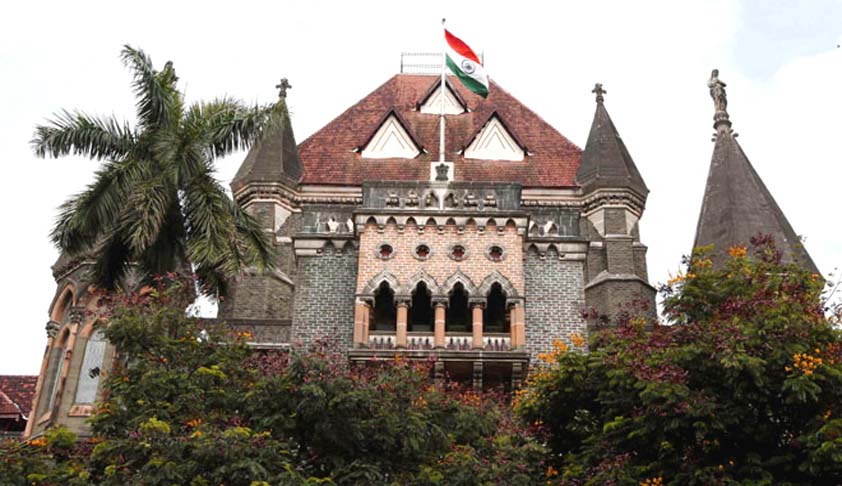In a new ruling that has gained significance in the recent times, the Bombay High Court will hold the salary payment under the secondment agreement which does not attract the tax deducted at source or TDS. A secondment agreement happens between a foreign company along with the Indian counterpart, and the foreign consulate will give its staff to the Indian company for a specified period. During this duration, the staff will be on the payroll of the foreign counterpart. Also, the staff of the foreign company will get their salary after the requisite tax deduction in India that is prevalent here for the entire duration. So, as a rule TDS On Salaries Will Not Be Reimbursed Under Secondment Agreement:

In one such case, it was noted by an Assessing Officer (AO) that Marks & Spencer India paid Rs. 4.83 Cr to the London Marks & Spencer. The Indian company stated that this money was just a reimbursement of their expenditure, but the AO assessed that these payments were a fee provided for the technical services that come under the provisions of the Double Taxation Avoidance Agreement (DTAA).
The Law : TDS On Salaries Will Not Be Reimbursed Under Secondment Agreement
Therefore, orders were passed by the AO to hold the company so that it becomes liable for the tax and also charges interest. The Commissioner of Income Tax who is the first appellate authority interrupted in this order in November in the year 2011.
Following that, the Revenue Tribunal passed the favor in the Commissioner’s name and said that he was right. Marks & Spencer paid Rs. 48,66,167 to Marks & Spencer PLC for the salary expenditure of 4 of their employees who were at deputation for giving assistance in the management arena and also for setting up of the business and for the operations of retail etc.
Justice PD Naik and Justice SC Dharmadhikari had a division bench that did uphold the tribunal’s findings in this particular case and also dismissed the appeal that was filed by the Director of Income Tax of the International Taxation branch. It was against the order of the tribunal that had made an observation regarding all of this. It was crystal clear that in this case, the employees and also some officials were deputed so as to promote their business. The assessee was the Indian counterpart of the Marks & Spencer PLC, UK. The fact is that the payment of the employees is already taxable in India and hence treating the assessee in a way that he has defaulted out of the question for there not being a deduction of tax right at the source.
It must also be kept in mind that the assessee will be in default till the tax is not deposited in the case along with the revenue in the stipulated time frame that has been provided under the Act. The tax that is filed later than that but before the proceedings of penalty are initiated would not make the assessee clear of the default that he is in. The penalty is of course imposed on the assessee for being in default and not paying the tax that was deducted at the very source in the provided time frame under the Act. This default remains even after the assessee deposits the tax after the prescribed period is over since he did not act well enough in time.